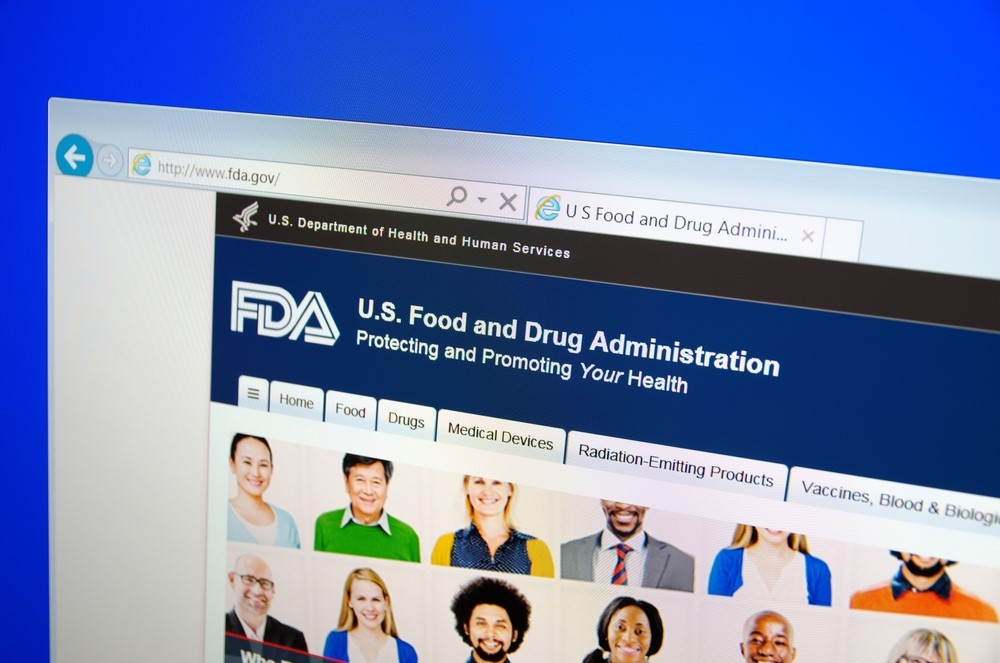June 19, 2019 – The FDA’s Office of Prescription Drug Promotion (OPDP) has cited VIVUS Inc. for making false or misleading claims about the efficacy of and risks associated with Qsymia capsules, which are intended to be an adjunct treatment for obesity with a reduced-calorie diet and increased exercise, but allegedly were promoted as being able to deliver weight loss three times faster than diet and exercise alone.
“This is only the second enforcement letter of 2019, reflecting OPDP’s recent strategy of prioritizing action either on what it considers misleading claims that can have a significant effect on public health, or – as in the year’s first letter, on a PET scan agent for detecting recurrent prostate cancer – on promotion of unapproved products or indications,” noted Jon Bigelow, executive director of the Coalition for Healthcare Communication.
OPDP is particularly concerned about these claims because they create a misleading impression regarding the drug’s overall effect on obesity and excessive weight, which are “significant public health concerns that affect millions of adults in the United States and are associated with numerous co-morbidities.” These patients should “not be misled regarding the actual benefits, serious risks, and necessary nutritional and lifestyle modifications associated with the use of a weight management prescription drug product,” according to OPDP.
In the May 22 Untitled Letter, OPDP states that cited references do not support the “3 times faster” claims, and that it is “not aware of data to support these claims.” The company’s webpage also presents claims that “omit material information from the full indication about the relative effect of diet and exercise,” and although illustrations of an exercise bike, a bag of groceries and a capsule were shown, “these are not adequate to convey to the viewer that both exercise and diet are necessary in achieving the benefits (weight management) of Qsymia as stated in the PI,” the letter states.
The expected results cited by the company on the webpage “creates a misleading impression regarding the efficacy of Qsymia by selectively presenting more favorable data,” according to OPDP. Further, OPDP states that the webpage fails to provide information about the contraindications, warnings, precautions, and adverse reactions for Qsymia, and that benefit claims for the drug are presented in conjunction with “colorful graphics and large bolded headlines with significant white space,” while risk information “is relegated to the bottom of the webpage in paragraph format and not easily accessible to viewers.” Additionally, the letter states that there is no “significant signal” to the viewers that risk information follows the benefit information.
This enforcement letter brings the tally of OPDP enforcement actions to a grand total of two Untitled Letters for 2019. In 2018, OPDP issued just seven enforcement letters – two Warning Letters and five Untitled Letters – and just two Untitled Letters had been issued by this time last year.




